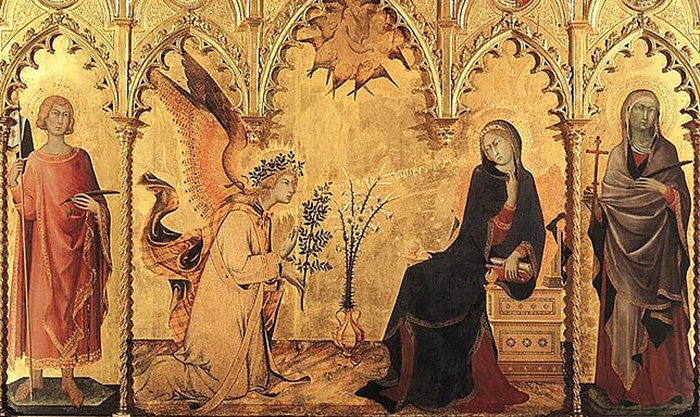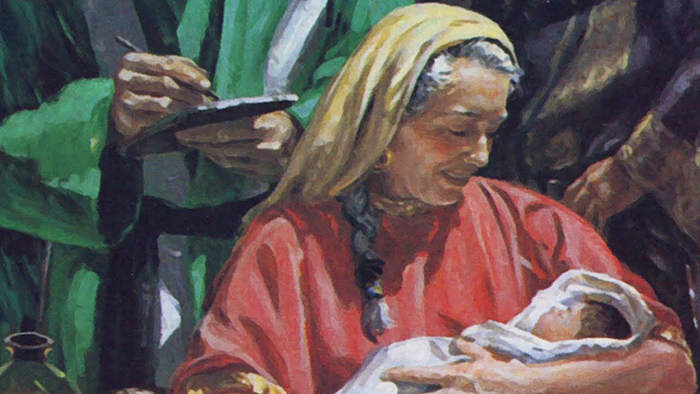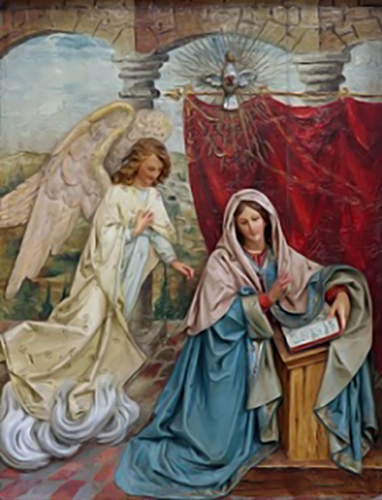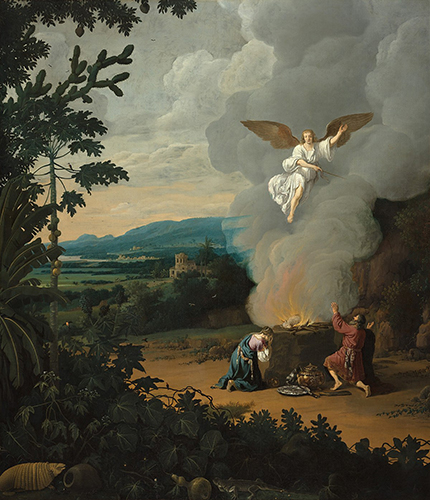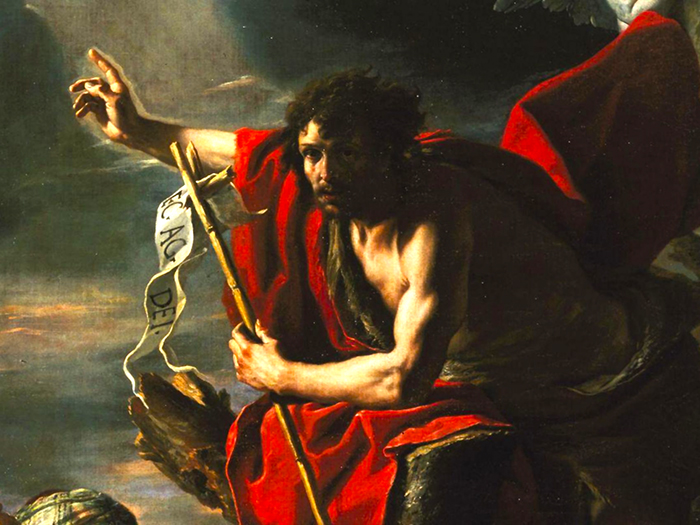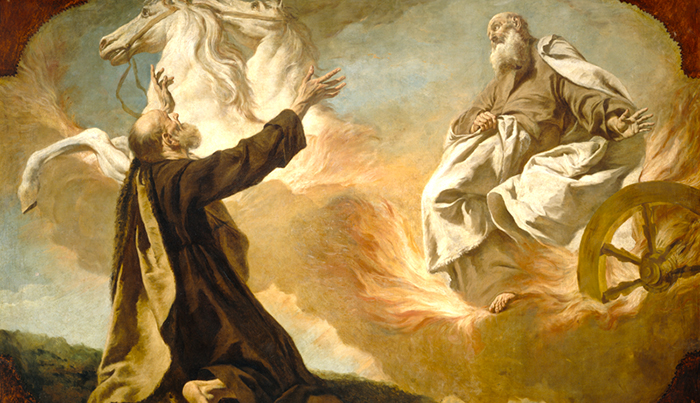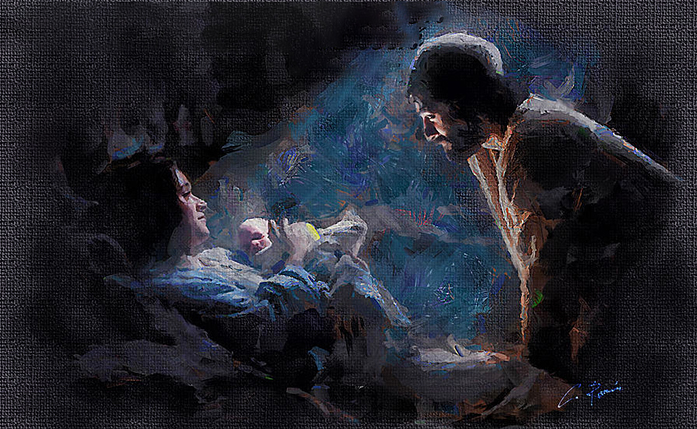
Francis of Assisi once said: “Preach the word of God wherever you go, even use words if necessary.” We might want to reflect upon that, given some of the recent shifts within the churches regarding how we understand the word of God. Fr. Rolheiser tells of his journey while doing graduate studies in Europe. “I was living at a major Seminary. During my last year there, one of the secretaries at the seminary, a deeply Christian and most gracious woman, a young person who was an exemplar wife, mother, and friend of many, died of cancer. I went to her funeral on a bus full of young seminarians and student priests. At her funeral the homily was delivered by one of her uncles, an American priest, who had been flown in for the occasion. He delivered what, to my mind, was one of the best homilies I ever had the privilege of hearing. In it, he picked up this woman’s life as a word of God, related it to the mystery of Christ, and then, with that, both consoled and challenged all of us there, especially her husband and her children. On the way home, on the bus, all the talk among the seminarians was about how dreadful and liturgically inappropriate the homily at been. At one point, I turned to one of the seminarians and said: “I thought the homily was outstanding. Why do you think it was inappropriate?” His answer: “He never used the word of God, he gave a eulogy!” That answer and that indignation, typify a reaction that is growing within the Catholic community. More and more, the idea is that the word of God is perfectly synonymous with the written word of Scripture. For this concept, we are the poorer. Recently a nun shared with me how, at her mother’s funeral, the presiding priest, a young man who had just graduated from a good theology school, had conducted the entire funeral, homily and all, without ever referring to her mother, save for those times when the ritual prayers called for her name. She was, rightly, furious and felt cheated. Her mother had been an extraordinary person, a fine Christian. That day, in church, there was more than the written word to be read. Her mother was a word of God. In her, the word had become flesh and it had dwelt amongst us. That word, sadly, was left unread, uncelebrated. Sometimes I am asked by people who have the responsibility of preaching, priests and laity alike: “Where can you find good stories to use in homilies? How do you bring the word of scripture down to the people’s level?” Those are sincere questions, but not good ones. The task is never to bring the word of God down to people’s level. The task is not to search in books and homiletic aids for good stories. The words and the stories that we need to preach effectively are still being written. They need to be read out of the lives of the people we are ministering to, out of our own lives, and out of the events of the day. The word of God is not a baton, passed on in a relay race. Nor is it a deposit of faith, a treasurer chest of truths handed down from one generation to the next. The word of God something to be eaten, digested, and given flesh to. Reading it requires both eyes: With one eye we scan the bible, with the other we examine what the flesh that has been influenced by it looks like.

